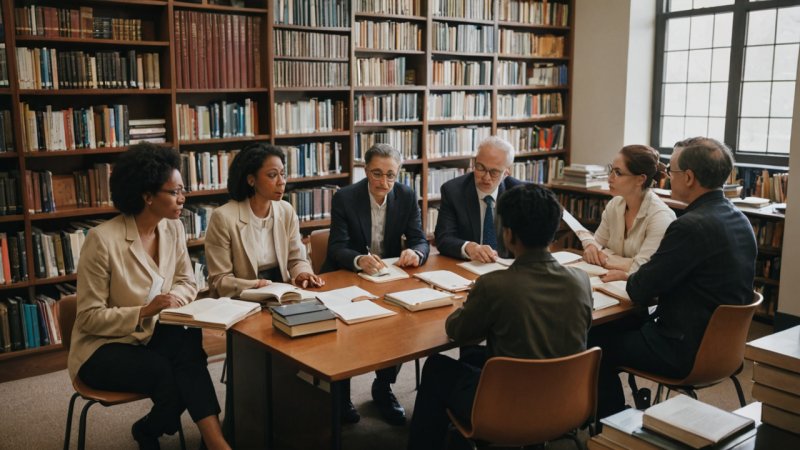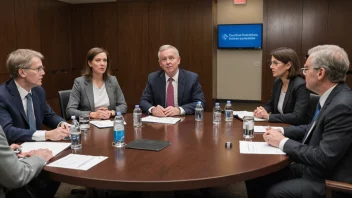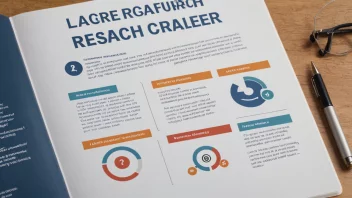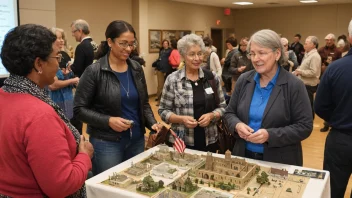Critical thinking is a cornerstone of effective analysis and decision-making in the social sciences. As we navigate complex societal issues, the ability to evaluate information, question assumptions, and consider multiple perspectives becomes essential. This article explores the significance of critical thinking within various domains of social sciences, illustrating how it enhances research quality, informs policy-making, and cultivates informed citizenship.
1. Enhancing Research Quality
Critical thinking plays a vital role in ensuring the rigor and reliability of social science research. Researchers who apply critical thinking skills are better equipped to:
- Identify Bias: Recognize and mitigate personal biases that may influence research outcomes.
- Evaluate Sources: Assess the credibility and relevance of sources, ensuring that data and literature are robust and trustworthy.
- Formulate Questions: Develop insightful and relevant research questions that address real-world issues.
- Synthesize Information: Integrate diverse perspectives and findings to create a comprehensive understanding of complex topics.
2. Informing Policy-Making
In the realm of public policy, critical thinking is indispensable. Policymakers who engage in critical analysis can:
- Evaluate Evidence: Scrutinize research findings to determine their applicability and effectiveness in addressing societal challenges.
- Consider Alternatives: Explore various policy options and their potential impacts, leading to more informed decisions.
- Engage Stakeholders: Foster discussions that include different viewpoints, ensuring policies reflect the needs of diverse communities.
- Anticipate Consequences: Assess the short- and long-term implications of policy decisions, promoting sustainable solutions.
3. Cultivating Informed Citizenship
Critical thinking is not just for academics and policymakers; it is crucial for citizens as well. By fostering critical thinking skills, individuals can:
- Analyze Information: Navigate the vast amounts of information available, distinguishing fact from opinion and misinformation.
- Engage in Civic Discourse: Participate in discussions about social issues with a well-reasoned perspective, contributing to a more informed public sphere.
- Make Informed Decisions: Approach voting and civic responsibilities with a critical mindset, leading to choices that reflect personal values and societal needs.
- Advocate for Change: Identify areas for improvement within their communities and advocate for policies that promote social justice and equity.
4. Bridging Disciplines
Critical thinking serves as a bridge across various disciplines within the social sciences. It encourages interdisciplinary collaboration by:
- Facilitating Dialogue: Promoting conversations between fields such as sociology, psychology, and economics to address multifaceted issues.
- Integrating Knowledge: Allowing for the synthesis of theories and methods from different disciplines, enriching the understanding of complex social phenomena.
- Encouraging Innovation: Inspiring creative solutions to societal problems through the blending of diverse perspectives and approaches.
- Fostering Global Perspectives: Enhancing awareness of global issues and cultural differences, leading to more effective international collaboration.
5. Preparing Future Generations
Finally, the promotion of critical thinking in education is essential for preparing future generations of social scientists. Educational institutions can:
- Incorporate Critical Thinking in Curriculum: Design programs that emphasize analytical skills and real-world applications.
- Encourage Debate and Discussion: Create environments where students can engage in thoughtful discourse and challenge each other's viewpoints.
- Provide Experiential Learning Opportunities: Offer internships and fieldwork that allow students to apply critical thinking in practical settings.
- Promote Lifelong Learning: Instill a mindset of inquiry and continuous improvement, equipping students to adapt to an ever-changing world.
In conclusion, critical thinking is indispensable in the social sciences, enhancing research quality, informing policy-making, cultivating informed citizenship, bridging disciplines, and preparing future generations. As we face increasingly complex societal challenges, the ability to think critically will become ever more essential, empowering individuals and communities to navigate the intricacies of our world with confidence and insight.






